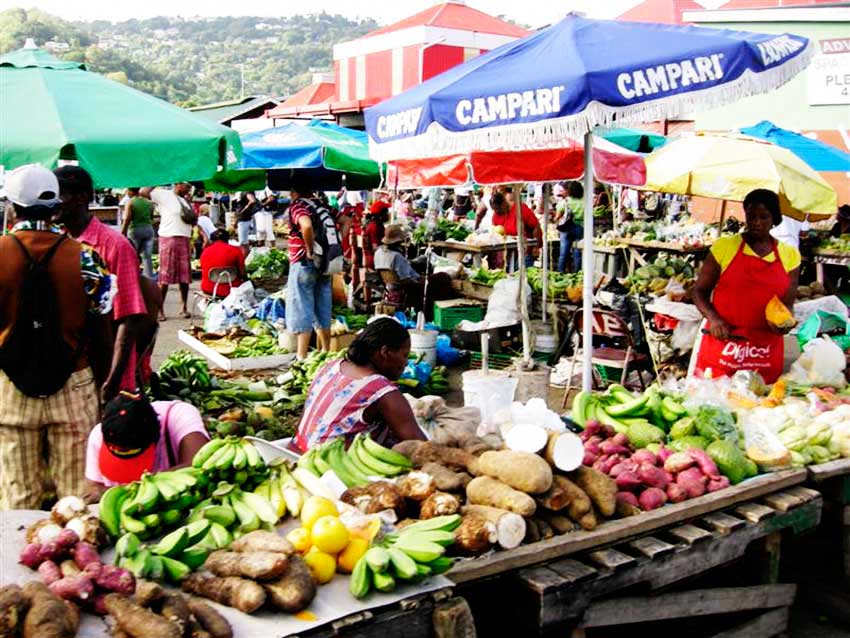
Food insecurity has affected nearly 40 percent of the population in the English-speaking Caribbean (an estimated 2.8 million people), one million more than in April 2020, according to the results of a recent survey conducted by the Caribbean Community (CARICOM) and the United Nations World Food Programme (WFP).
This is a growing concern for world leaders, particularly those within CARICOM, as food insecurity continues to increase in the region with the current figure 72 percent higher than what it was in April 2020.
The survey highlighted the lasting impact of the pandemic and showed deteriorating food consumption and diets with 25 per cent of respondents eating less preferred foods, 30 per cent skipping meals or eating less than usual and five per cent going an entire day without eating in the week leading up to the survey.
“Having the opportunity to assess how the pandemic has impacted the livelihoods and food security of more than 20,000 respondents across the past two years has provided the CARICOM Secretariat with invaluable data that is being used to inform regional priorities in the short and medium term,” Shaun Baugh, Agriculture and Agro-Industrial Development Programme Manager at the CARICOM Secretariat, said in a joint statement from CARICOM and the World Food Programme.
The cost of food continues to affect people’s ability to afford a healthy diet, the survey revealed, with 93 per cent of respondents reporting higher prices for food compared to 59 per cent in April 2020.
The situation will most likely be worsened by the ongoing crisis in Ukraine, CARICOM and the WFP said in their statement, warning that a deeper impact on the cost of basic goods and services in the Caribbean is expected.
And with most COVID-19 assistance programmes having concluded, many families are expected to face an even greater challenge to meet their basic food and other essential needs in the months to come, Regis Chapman, WFP Representative and Country Director for the Caribbean Multi-Country Office said.
“An import dependent region, the Caribbean continues to feel the socio-economic strain of COVID-19 which is now being compounded by the conflict in Ukraine,” Chapman said.
“In the short to medium term, it is increasing pressure on governments to identify solutions to ensure families can meet their essential needs. Innovation in agri-food systems and regional supply chains, coupled with continued support to the most vulnerable households, will be essential to improving the resilience of regional food systems so that prices can be kept as stable as possible,” he added.
According to the statement, an interactive dashboard allows for comparison between different survey rounds and across several countries
“It provides data on the impact of the pandemic on livelihoods, access to markets and food security by country in the Caribbean,” the statement revealed.
CARICOM, WFP and other partners continue to work together to increase resilience to shocks through stronger disaster management, social protection and food systems that are more effective, sustainable and responsive in meeting the needs of those most affected by crises.
The survey was supported by the European Union and the United States Agency for International Development (USAID), Bureau of Humanitarian Assistance.





